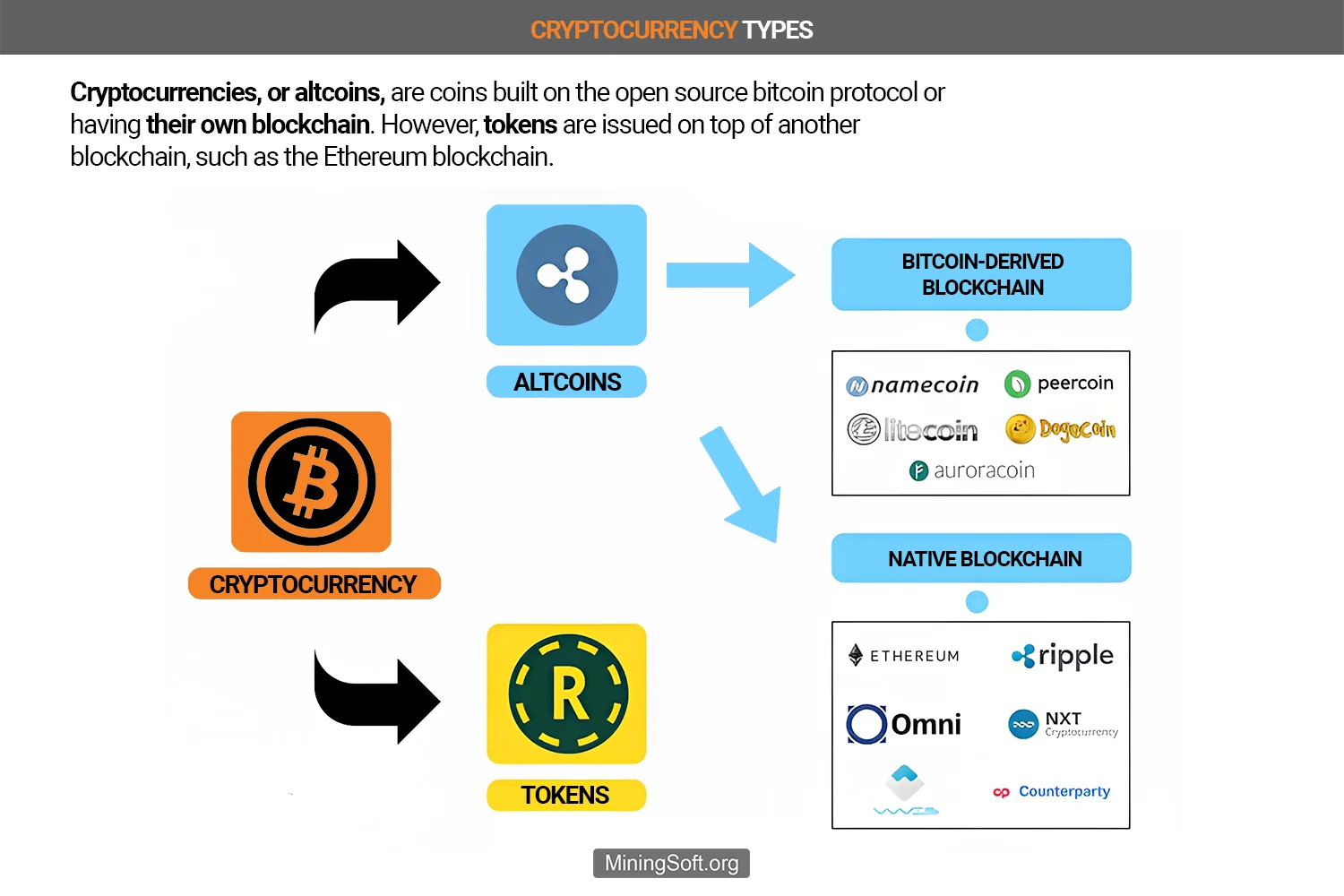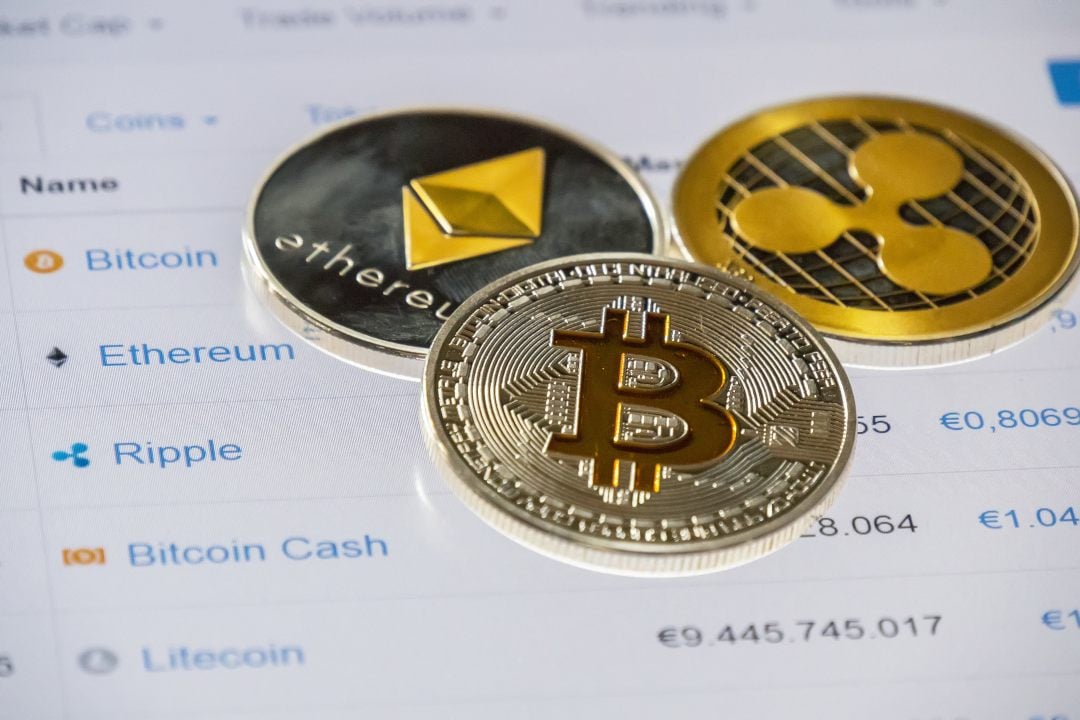Are all cryptocurrencies the same
There is some kind of interface for it. You could have an app or use your computer to do it. But instead of having a middleman, there is a bunch of software code that guarantees your transactions as they happen https://portal-credo.info/.
Crypto exchanges, such as those for Bitcoin and Ethereum, are the most common use case for blockchain technology, providing a secure and transparent system for processing and recording transactions. This technology ensures the integrity and accuracy of cryptocurrency transactions, making them resistant to fraud and hacking attempts.
Nonfungible tokens (NFTs) are minted on smart-contract blockchains such as Ethereum or Solana. NFTs represent unique assets that can’t be replicated—that’s the nonfungible part—and can’t be exchanged on a one-to-one basis. These assets include anything from a Picasso painting to a digital “This is fine” dog meme. Because NFTs are built on top of blockchains, their unique identities and ownership can be verified through the ledger. With some NFTs, the owner receives a royalty every time the NFT is traded.
Why do this? The food industry has seen countless outbreaks of E. coli, salmonella, and listeria; in some cases, hazardous materials were accidentally introduced to foods. In the past, it has taken weeks to find the source of these outbreaks or the cause of sickness from what people are eating.
Cryptography is the second component. This is the process of encrypting data and changing it to an unreadable format that only someone who knows the secret key can read or decrypt. This technology, which uses a complex public and private digital key system, safeguards cryptocurrencies like Bitcoin.
Are all cryptocurrencies the same
Tether is a stablecoin, or a currency tied to a fiat currency — in this case, the U.S. dollar. The idea behind Tether is to combine the benefits of a cryptocurrency (such as no need for financial intermediaries) with the stability of a currency issued by a sovereign government (vs. the wild price fluctuations inherent with many cryptos).
Since its creation in 2009, Bitcoin (CRYPTO:BTC) has become a revolutionary digital currency. Because it enables peer-to-peer payments without a third party (like a bank), it has set off a tidal wave of other cryptocurrencies and digital assets making use of blockchain technology.

Tether is a stablecoin, or a currency tied to a fiat currency — in this case, the U.S. dollar. The idea behind Tether is to combine the benefits of a cryptocurrency (such as no need for financial intermediaries) with the stability of a currency issued by a sovereign government (vs. the wild price fluctuations inherent with many cryptos).
Since its creation in 2009, Bitcoin (CRYPTO:BTC) has become a revolutionary digital currency. Because it enables peer-to-peer payments without a third party (like a bank), it has set off a tidal wave of other cryptocurrencies and digital assets making use of blockchain technology.
Suzanne Frey, an executive at Alphabet, is a member of The Motley Fool’s board of directors. Nicholas Rossolillo has positions in Alphabet, Apple, Bitcoin, Block, Cardano, Ethereum, and Solana. The Motley Fool has positions in and recommends Alphabet, Apple, Avalanche, Bitcoin, Block, Cardano, Coinbase Global, Ethereum, Solana, and XRP. The Motley Fool recommends CME Group. The Motley Fool has a disclosure policy.
There are other platforms that do not place a limit on the total number of coins to be issued. Like governments minting fiat, these platforms have the ability to continue creating and distributing coins in perpetuity. Some distribute their coins by selling them, while others give them away in exchange for actual work done in support of the project.
Market cap of all cryptocurrencies
The very first cryptocurrency was Bitcoin. Since it is open source, it is possible for other people to use the majority of the code, make a few changes and then launch their own separate currency. Many people have done exactly this. Some of these coins are very similar to Bitcoin, with just one or two amended features (such as Litecoin), while others are very different, with varying models of security, issuance and governance. However, they all share the same moniker — every coin issued after Bitcoin is considered to be an altcoin.
Generally, altcoins attempt to improve upon the basic design of Bitcoin by introducing technology that is absent from Bitcoin. This includes privacy technologies, different distributed ledger architectures and consensus mechanisms.
Cryptocurrency exchanges provide markets where cryptocurrencies are bought and sold 24/7. Depending on the exchange, cryptocurrencies can be traded against other cryptocurrencies (for example BTC/ETH) or against fiat currencies like USD or EUR (for example BTC/USD). On exchanges, traders submit orders that specify either the highest price at which they’re willing to buy the cryptocurrency, or the lowest price at which they’re willing to sell. These market dynamics ultimately determine the current price of any given cryptocurrency.

The very first cryptocurrency was Bitcoin. Since it is open source, it is possible for other people to use the majority of the code, make a few changes and then launch their own separate currency. Many people have done exactly this. Some of these coins are very similar to Bitcoin, with just one or two amended features (such as Litecoin), while others are very different, with varying models of security, issuance and governance. However, they all share the same moniker — every coin issued after Bitcoin is considered to be an altcoin.
Generally, altcoins attempt to improve upon the basic design of Bitcoin by introducing technology that is absent from Bitcoin. This includes privacy technologies, different distributed ledger architectures and consensus mechanisms.
Cryptocurrency exchanges provide markets where cryptocurrencies are bought and sold 24/7. Depending on the exchange, cryptocurrencies can be traded against other cryptocurrencies (for example BTC/ETH) or against fiat currencies like USD or EUR (for example BTC/USD). On exchanges, traders submit orders that specify either the highest price at which they’re willing to buy the cryptocurrency, or the lowest price at which they’re willing to sell. These market dynamics ultimately determine the current price of any given cryptocurrency.

No responses yet